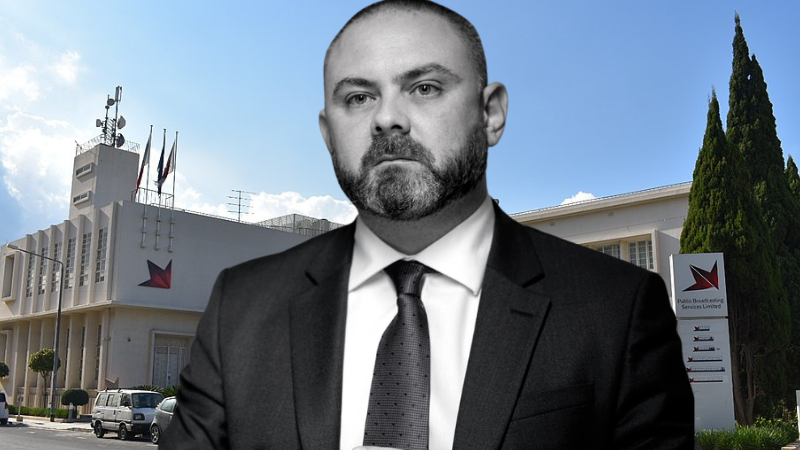Questions surrounding the existence of obligatory annual reports by the Public Broadcasting Station (PBS) remain unanswered as both Broadcasting Minister Owen Bonnici and PBS itself remain tight-lipped on the filing of the reports – that detail how the station spends taxpayers’ money and assess whether it is fulfilling its public service obligations.
Earlier in June, The Shift reported that questions were raised as to whether the reports have been filed over the past few years, after Bonnici failed to table the annual reports in parliament when asked to do so through a parliamentary question by Broadcasting Shadow Minister Graham Bencini. Bencini asked Bonnici to table the annual reports from 2016 until now.
Bonnici replied to the parliamentary question by saying that the had requested the information that is in the process of being collected. Bencini confirmed with The Shift on Tuesday that the reports, which are supposed to be completely annually, have still not been tabled, two weeks later.
Meanwhile, questions sent to both Bonnici and PBS requesting the reports following the article have been met with silence, despite reminders.
The reports in question are part of the National Broadcasting Policy introduced in 2004, which states that it is the responsibility of PBS’ editorial board “to annually present, through the Board of Directors, a report to government giving its assessment of the way the schedules of the stations run by the PBS stations are fulfilling their public service obligation”.
Former PBS Chairman Clare Vassallo, who formed part of the board when the policy was introduced had explained to The Shift that the reports are “very important” as they assess whether taxpayer money given to PBS is “accounted for”.
The reports “tell the public where their money is being spent in their own interest and out of their own taxes, for a service that is supposed to serve the public. It is in the remit of the station, as a public broadcaster, to carry out its duty in the public interest,” she told The Shift.
In 2020, the government announced that it would be investing €30 million in such programmes over a span of five years, averaging €6 million in taxpayers’ money per year. When the sum of the funding was announced, the former minister responsible for broadcasting, Carmelo Abela, had boasted that such an amount was double that allocated by the previous administration. However, without the reports assessing how such funds are being spent, the allocation raises questions.
The reports are not the only documents shrouded in secrecy. In June, The Shift also reported that PBS defied orders given by the Data Protection Commissioner to publish details, including names and payments, of the editorial board, as well as the contract of Executive Chairman Mark Sammut, which this newsroom had requested through a Freedom of Information request. Bonnici has also remained silent on the matter.
Scrutiny of whether the Public Broadcasting Service is fulfilling its obligations towards the public comes at a time when the extent of State capture of the public broadcaster is being seriously questioned, especially since Labour sympathiser Norma Saliba became the station’s Head of News.
In September, a study by the Center for Media, Data and Society classified PBS as “state-controlled”. The glaring lack of impartiality in the State broadcaster was also noted, and condemned, by the three judges conducting the inquiry into the assassination of journalist Daphne Caruana Galizia.













Noddy 8s far to busy to be doing reports as all his time is taken up trying to find where any photo opportunities are happening on a given day so he can make his way there